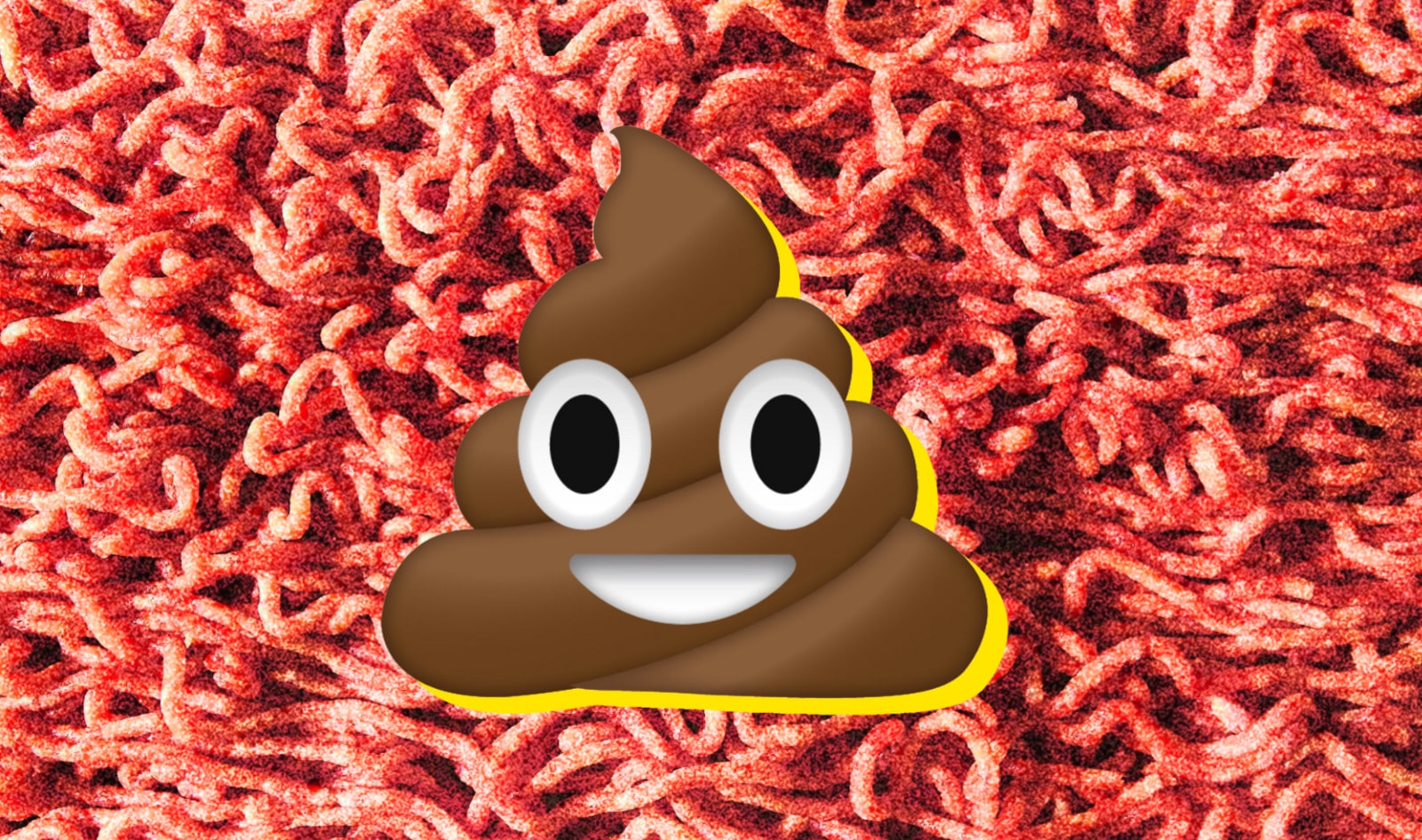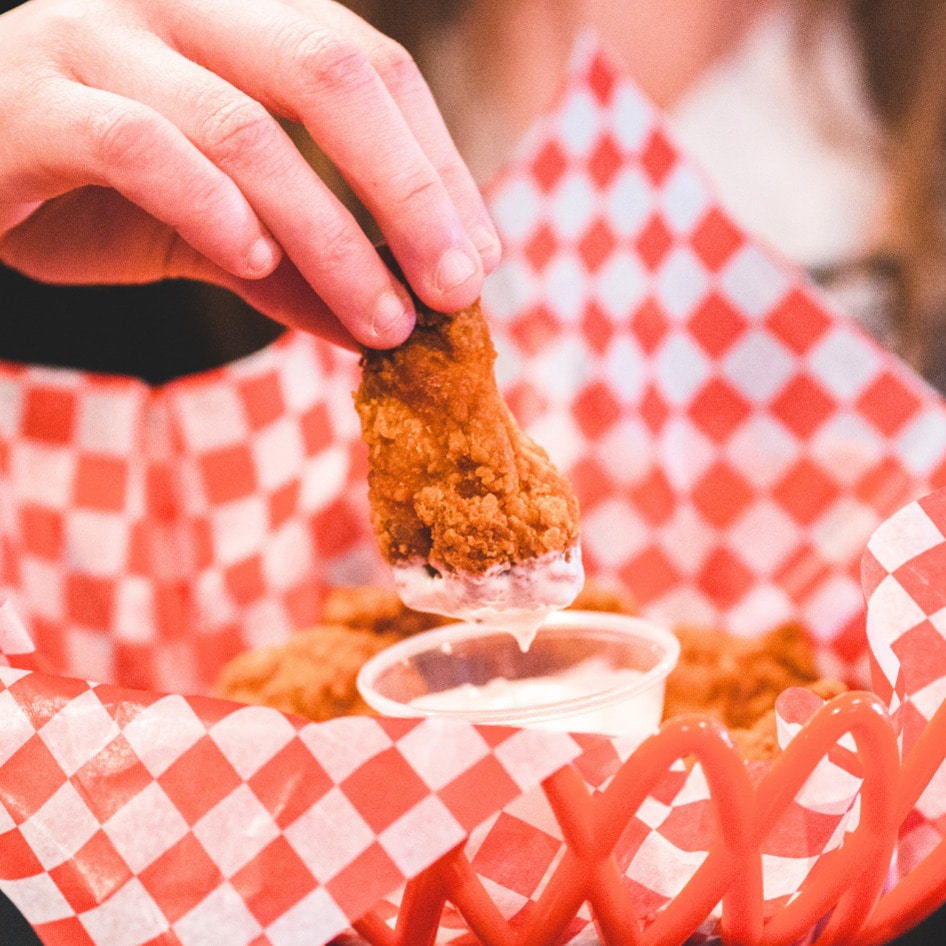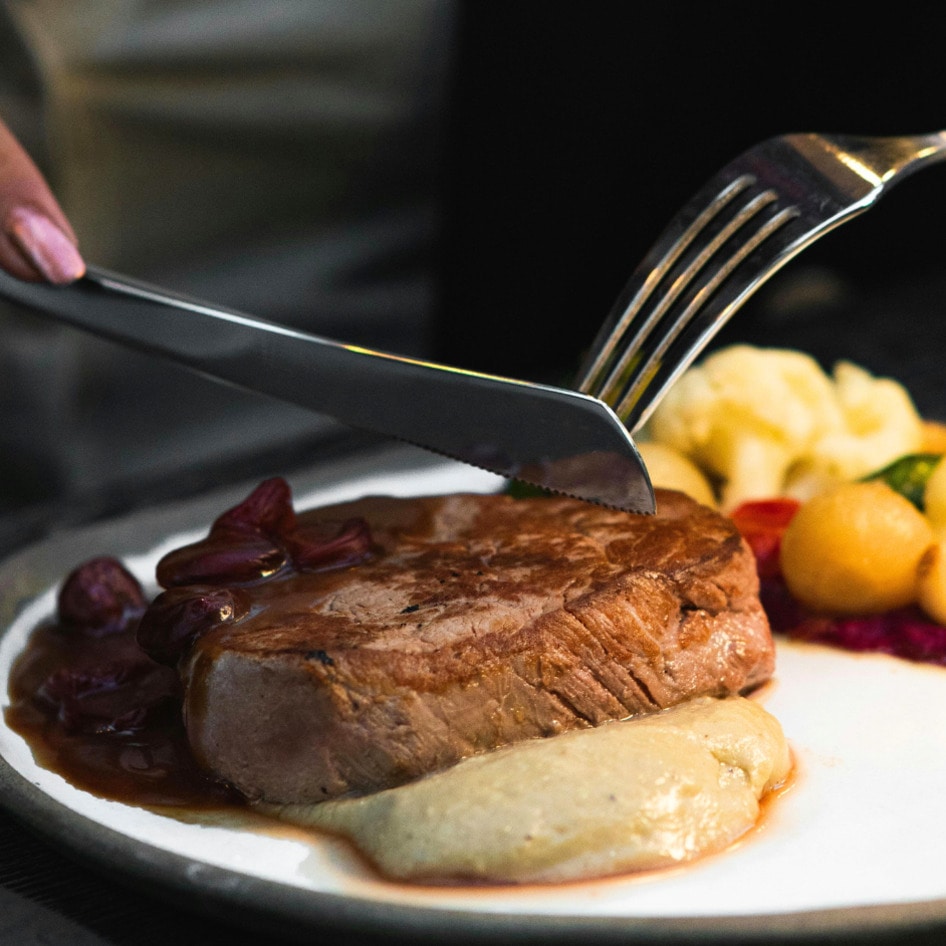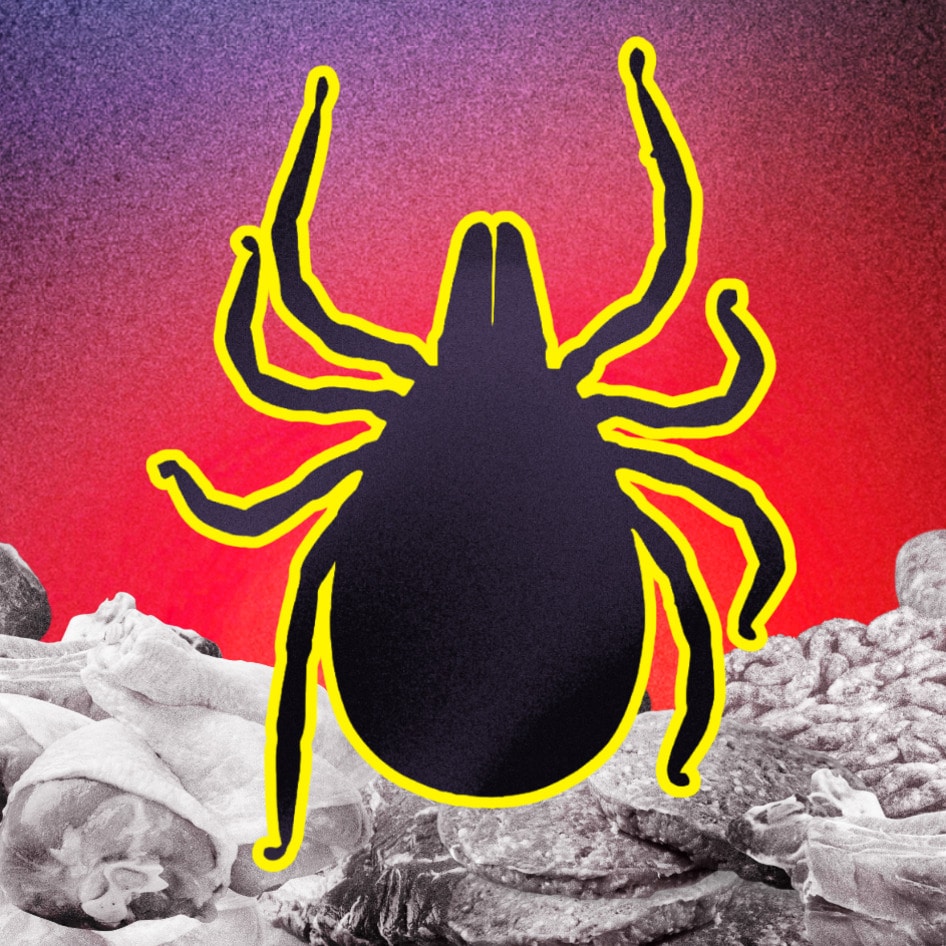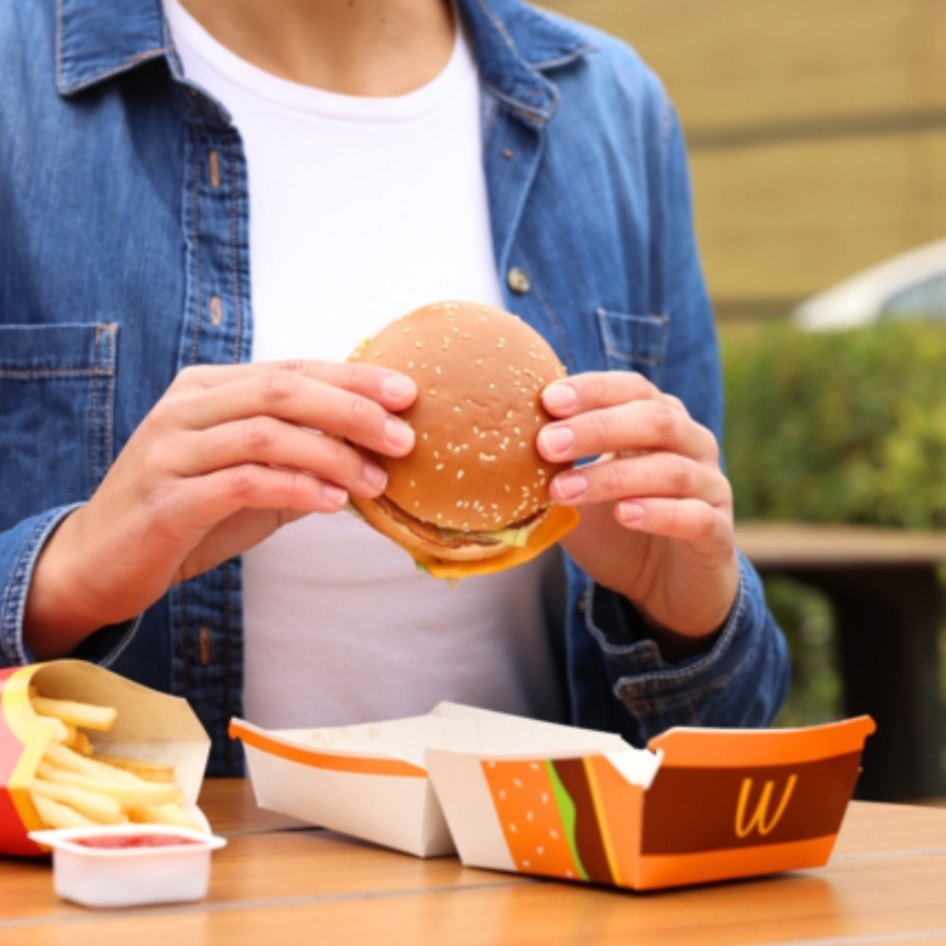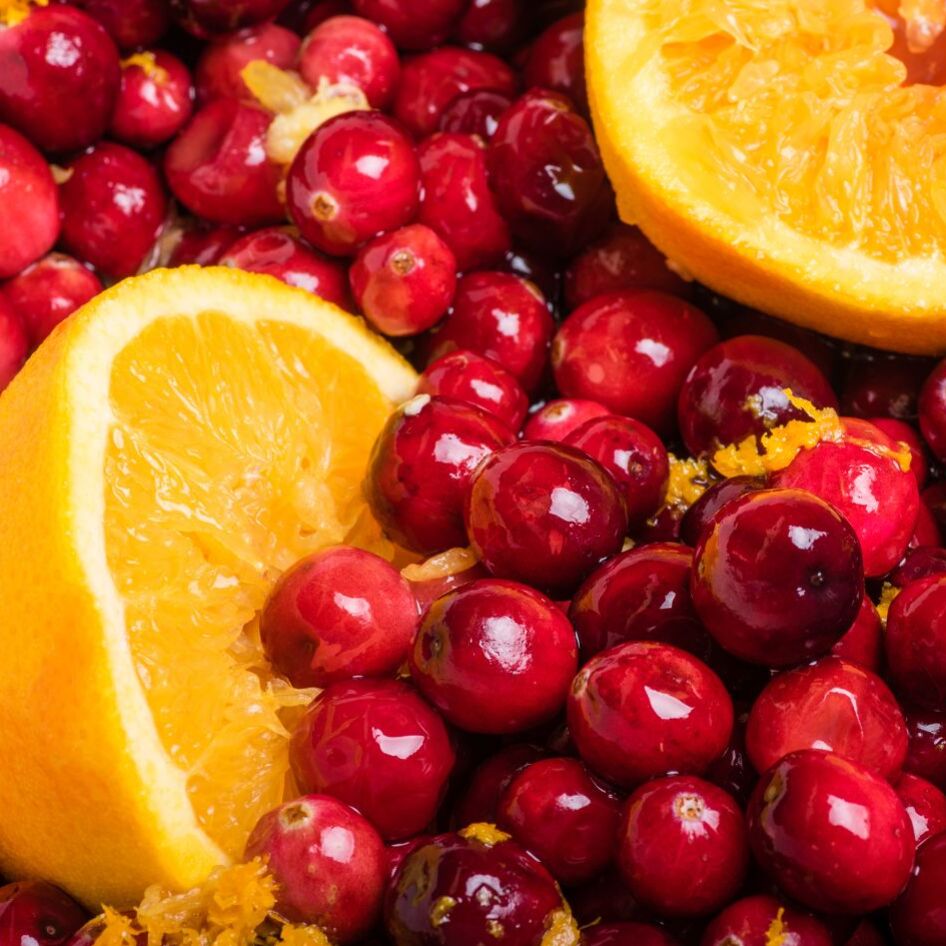E. coli infections are nasty, sometimes dangerously so. Not all strains are harmful, but some types of the foodborne bacteria are known for causing everything from miserable bouts of diarrhea and vomiting to life-threatening kidney damage. That’s why it’s deeply alarming that E. coli infections are on the rise. And the likely culprit? The meat industry, whose practices continue to fuel the spread of this harmful bacteria.
The danger of rising E.coli cases
New data from the UK Health Security Agency shows a sharp rise in E. coli infections, with cases in England jumping 26 percent in the past year, from 2,018 in 2023 to 2,544 in 2024.
One of the most alarming sources of infection this year? Contaminated salad leaves, which hospitalized 126 people and caused two deaths. The culprit was a particularly dangerous strain known as Shiga toxin-producing E. coli (STEC), notorious for causing severe digestive symptoms and, in some cases, life-threatening complications.
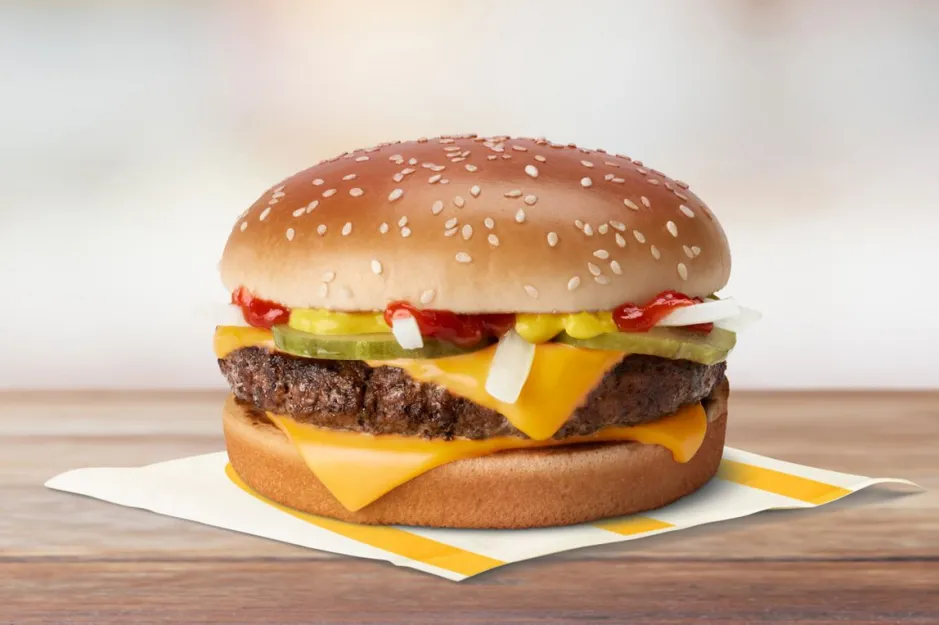 McDonald’s
McDonald’s
The issue isn’t limited to the UK. In 2024, a major E. coli outbreak linked to romaine lettuce spread across 15 US states. That same year, contaminated onions in McDonald’s quarter pound burgers sickened 75 people and led to one death.
“It is important for people to take steps to prevent infection,” said parasitologist Gauri Godbole, MBBS, MD, MRCP, FRCPath. “Rarely, STEC can progress to cause kidney failure and life-threatening illness, particularly in young children and the elderly.”
There’s also growing scientific interest in another E. coli strain, this one potentially linked to colon cancer. Colibactin-producing E. coli, unlike STEC, doesn’t cause immediate illness but produces a toxin that may damage DNA in gut cells. Researchers are exploring whether this genotoxic effect might play a role in rising rates of early-onset colorectal cancer.
“Many early-onset colorectal cancer patients appear to have been exposed to a toxin, called colibactin, produced by some strains of the bacteria E coli, in early life,” said David Scott, PhD, the director of Cancer Grand Challenges at Cancer Research UK. “It’s unclear how the exposure originates, but we suspect that a combination of factors, including diet, may intersect during a crucial phase in the development of the gut microbiome.”
While research into colibactin is still ongoing, the more immediate health risks come from STEC, which continues to drive urgent recalls and hospitalizations.
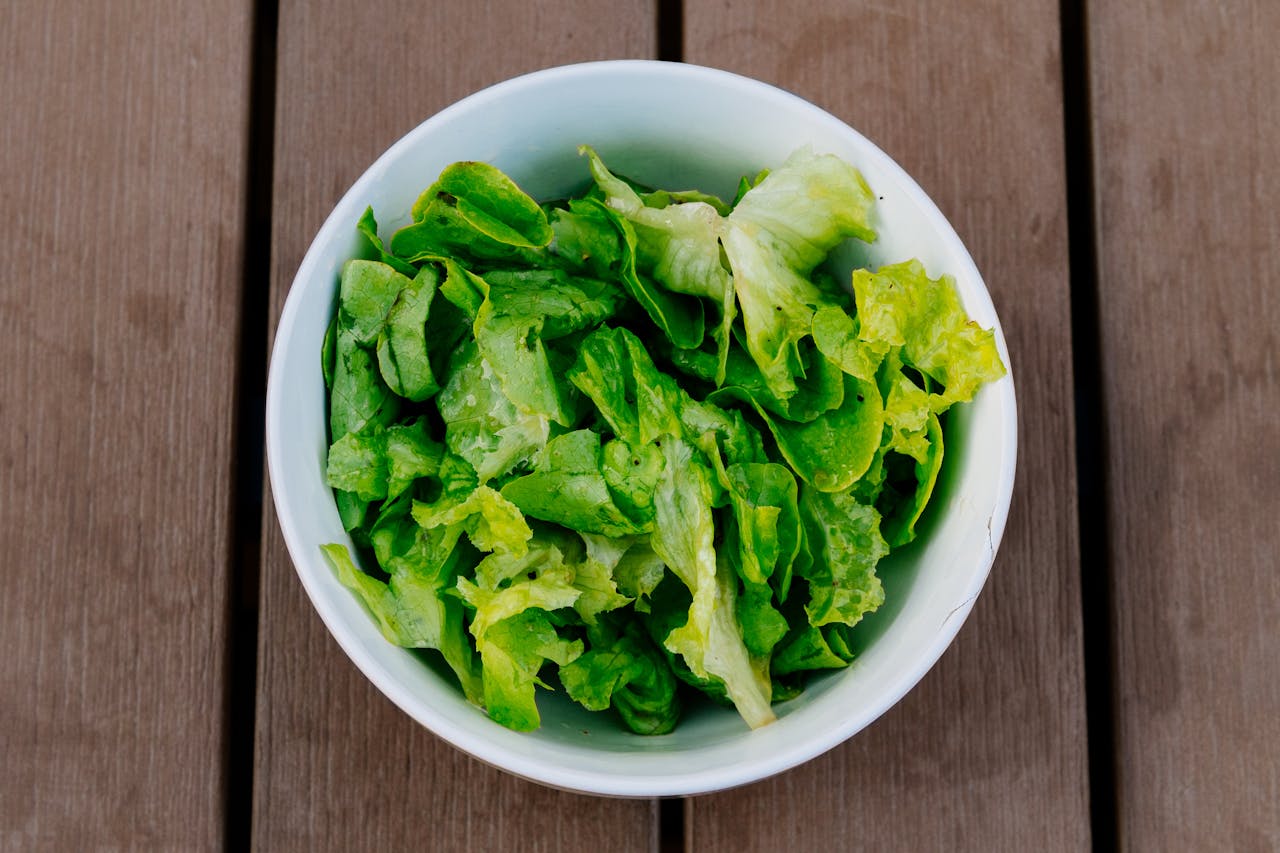 Pexels
Pexels
How is E.coli getting into the food system?
E. coli lives in the intestines, not just of humans, but of animals too. STEC, in particular, is commonly carried by farm animals, which is how the bacteria often end up in meat products. But meat isn’t the only concern. STEC is also a frequent culprit in vegetable contamination.
That’s because produce is often grown near livestock. Runoff from farms—often contaminated with animal waste—can seep into the soil where crops like lettuce and onions are growing, and this runoff can carry E. coli with it. It’s not just E.coli, either. Vegetables can also be contaminated with other strains of foodborne bacteria, like salmonella, due to runoff from industrial factory farms.
“If you have any STEC symptoms, like mild to bloody diarrhoea, stomach cramps, vomiting and dehydration, wash your hands with soap and warm water and use bleach-based products to clean surfaces,” advises Godbol. “Don’t prepare food for others if you have symptoms or for 48 hours after symptoms stop.”
Contamination can also happen through human handling. If farmers, food processors, or chefs don’t properly wash their hands after handling raw meat or animal products, bacteria can easily spread to fresh foods.
The best way to reduce the chance of getting sick from STEC or any other foodborne bacteria infection is to frequently wash your hands with warm, soapy water when you’re preparing food.
For more plant-based stories like this, read:
JUMP TO ... Latest News | Recipes | Guides | Health | Subscribe

